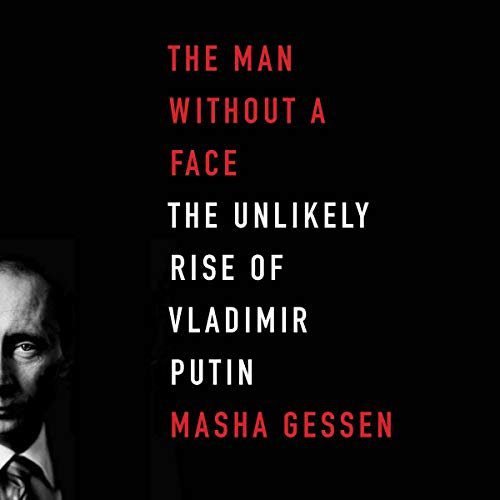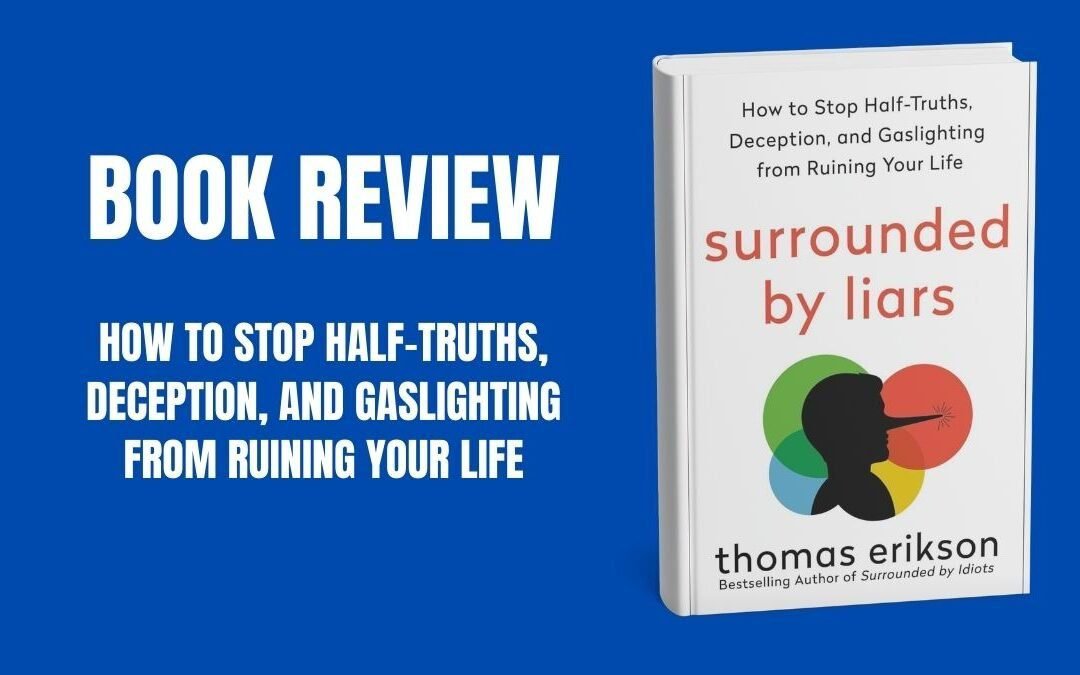Table of Contents
The Man Without a Face Audiobook

Vladimir Putin 🎧 The Man Without a Face Audiobook
Vladimir Putin’s Surprising Rise Masha Gessen’s National Book Award-winning biography of a ruthless man’s rise to near-absolute power.
«In a country where journalists critical of the government are often assassinated, Ms. Gessen has demonstrated remarkable courage in researching and writing this unflinching indictment of Russia’s most powerful man.» (Source: The Wall Street Journal)
The Man Without a Face is a disturbing account of how a low-level, narrow-minded KGB operator rose to the Russian presidency and, in an astonishingly short period of time, undid years of progress, turning his country back into a threat to its own people and the rest of the world.
Vladimir Putin appeared to be a great choice for the oligarchy’s own development, having been handpicked as a successor by the «family» encircling an ailing and increasingly unpopular Boris Yeltsin. The youngster who had lurked in the shadows, dreaming of ruling the world, suddenly became a celebrity, and his popularity skyrocketed. Even as he seized control of the media, exiled or executed political opponents and critics, and destabilized the country’s fragile election system, concentrating power in the hands of his friends, Russia and an enamored West were determined to see the progressive leader of their dreams.
Masha Gessen experienced this history firsthand as a journalist in Moscow, and for The Man Without a Face, she drew on knowledge and sources that no other writer has investigated. Her account of how a «faceless» man negotiated his way into ultimate – and completely corrupt – authority is the definitive biography of Vladimir Putin.
DISCLAIMER: This website contains Amazon affiliate links, which means that if you click on one of the product links, we will receive a small commission.
Imagine you have a country and no one to run it. This was the predicament that boris yeltsin and his inner circle thought they faced in 1999. Yeltsin had been very ill for a long time. He had suffered several heart attacks and had undergone open heart surgery. Soon after he was elected for his second term in 1996.
most people believed he rang heavily a common and easily recognizable russian affliction, though some of those close to him insisted that yeltsin’s occasional bouts of disorientation and withdrawal stemmed from his persistent physical ailments and not from Drinking whatever the reason yeltsin had become incoherent or gone missing during several state visits, devastating his supporters and disappointing his voters by 1999 yeltsin. His popularity rating dipping into the single digits was not half the politician. He had been. He still used many of the tools that had once made him great, making unexpected political appointments, alternating periods of hands-on and laser fair governance strategically applying his larger-than-life persona. But by now he most resembled a boxer gun blind flailing in the ring, striking imaginary targets and missing real ones in the second half of his second term, gilton reshuffled his administration repeatedly and frantically.
He fired a prime minister who had been in office for six years, replacing him with a 36 year old unknown only to bring the old prime minister back six months later to replace him again in three weeks, yeltsin anointed, one successor after another, only to grow disenchanted With each of them in a very public manner that had a way of embarrassing, both the object of yeltsin’s displeasure and anyone who witnessed the display of disaffection, the more erratic the president became the more enemies he made and the more his enemies banded together a year Before his second final term was to expire, yeltsin found himself at the top of a very fragile pyramid. His menu reshufflings had forced out several political generations worth of professionals. Many ministry and federal agency heads were now young mediocrities who had been sucked into the vacuum at the top yeltsin’s trusted. Allies were now so few and so cloistered that the press called them the family, they included yeltsin’s daughter, tatiana his chief of staff, alexander valossan, his former chief of staff, valencia numashev, whom tatiana would later marry another former chief of staff, the economist and architect of russian Privatization, anatoly chubais and the entrepreneur boris berezovsky of the half dozen so-called oligarchs, the businessman who had grown super rich under yeltsin and had repaid him by orchestrating his re-election campaign. Berezovsky was the only one to remain firmly by the president’s side.
Yeltsin had no legal right to seek a third term, nor was he well enough to try and he had every reason to fear an unfriendly successor. Yeltsin was not just an unpopular president. He was the first politician whom russians had ever trusted and the disappointment his people felt now was every bit as bitter as the support he had once enjoyed had been inspiring. The country was battered, traumatized and disappointed. It had experienced hope and unity in the late 1980s, culminating in august 1991, when the people beat back the junta that had threatened garbacho’s rule.
It had placed its faith in boris yeltsin, the only russian leader in history to have been freely elected in return. The people of russia got hyperinflation that swallowed up their life savings in a matter of months, bureaucrats and entrepreneurs who stole from the state and from one another in plain sight, and economic and social inequality on a scale. They had never known. Worst of all, many and possibly most russians lost any sense of certainty in their future and with it the sense of unity that had carried them through the 1980s and early 90s. The yeltsin government had made the grave mistake of not addressing the country’s pain and fear throughout the decade, yeltsin who had been a true populist riding the buses and mounting the tanks, whichever the situation happened, to require increasingly withdrew into an impenetrable and heavily guarded world of Black limousines and closed conferences, his first prime minister, the brilliant young economist, igor gaidar, who came to epitomize post-soviet economic reform, made it plain and public that he considered the people too dumb to engage in any discussion about reform.
The people of russia essentially abandoned by their leaders in their hour of pain, sought solas in nostalgia not so much in communist ideology which had used up its inspirational potential decades earlier, but in a longing to regain russia’s superpower status by 1999. There was a palpable aggression in the air, and this was a large part of the reason. Yeltsin and the family were rightly terrified. Hurt and aggression have a way of rendering people blind. So the people of russia were largely oblivious to the actual accomplishments of the yeltsin decade.
Notwithstanding the many many wrong turns made along the way russia had succeeded in privatizing much enterprise and the biggest privatized companies had been turned around and made competitive. Despite an increase in inequality, a great majority of russians had experienced overall improvement in their lives. The number of households with televisions, washing machines and refrigerators grew the number of privately owned cars doubled the number of people traveling abroad, as tourists nearly tripled. Between 1993 and 2000. In august 1998, russia had defaulted on its debts, and this had caused a short but significant spike in inflation.
But since then the economy had been growing, the media were flourishing in an uncannily short period of time. Russians had taught themselves to make sophisticated beautiful television and had also created an inordinate number of print outlets and several budding electronic publications. Many, though, certainly not all, of the country’s infrastructure problems had been addressed. Intercity trains were once again running on time. The postal service was working, the number of households with telephone landlines was growing one russian company, a cellular service provider founded in 1992, had placed its stock on the new york stock exchange and done very well yet the government seemed entirely incapable of convincing the people that Things were indeed better than they had been a couple of years earlier, and certainly better than a decade earlier.
The sense of uncertainty russians had felt ever since the soviet union crumbled under their feet was so great that any losses seemed to confirm their expectation of doom. While any gains were transformed into fears of further loss, yeltsin had only his populist ways to fall back on. He could not challenge or reshape expectations. He could not lead the country in finding new ideals and a new rhetoric. He could only try to give the people
More From This Category




Surrounded by Liars Review
Click here to get the audiobook for free Book Review: Surrounded by Liars In Surrounded by Liars, Thomas Erikson, a Swedish behavioral expert known for his work on the DISC model, embarks on a fascinating exploration of the complex world of lies. The book...




Surrounded by Liars Review
Click here to get the audiobook for free Book Review: Surrounded by Liars In Surrounded by Liars, Thomas Erikson, a Swedish behavioral expert known for his work on the DISC model, embarks on a fascinating exploration of the complex world of lies. The book...




Surrounded by Liars Review
Click here to get the audiobook for free Book Review: Surrounded by Liars In Surrounded by Liars, Thomas Erikson, a Swedish behavioral expert known for his work on the DISC model, embarks on a fascinating exploration of the complex world of lies. The book...






0 comentarios